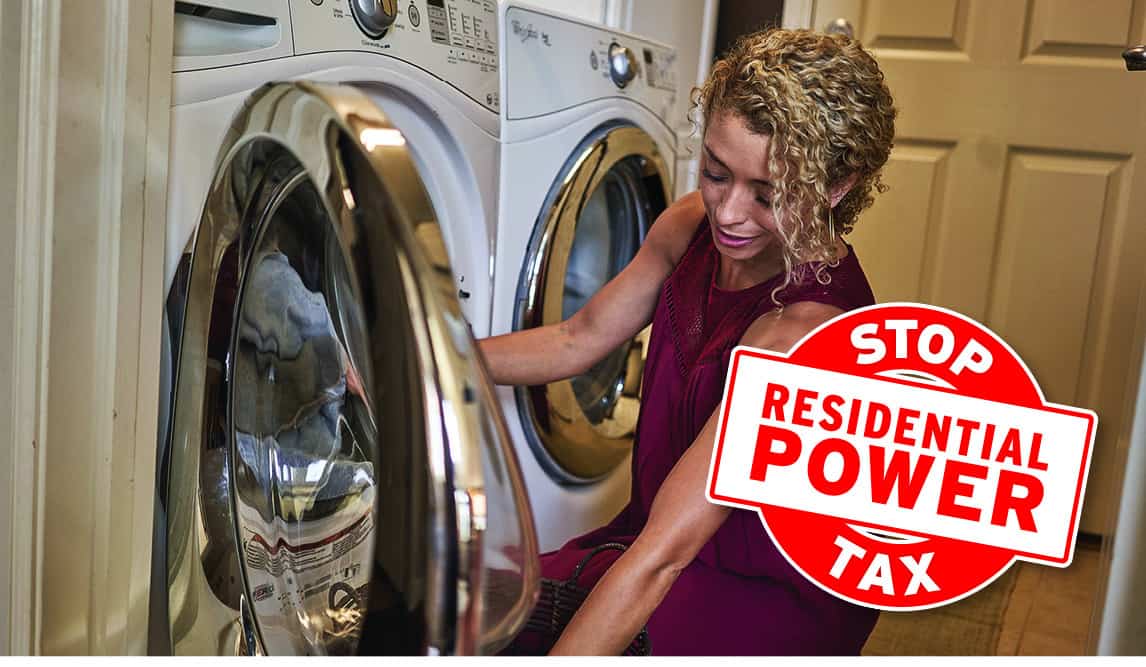There are several types of heat pumps—ductless mini-split heat pumps and central system air-source heat pumps are the most common.
The ductless mini-split heat pump system, a good solution in replacing inefficient older baseboard heaters, has a compressor outside that is connected with refrigerant lines to the blowers inside. A ductless system can serve up to four zones, so it can heat a small home or be combined with another heating system in a larger home. It’s a great option for a home that does not have a duct system, or if the existing duct system is inefficient or poorly designed.
The second option, the central system air-source heat pump, can be an efficient option if the existing duct system is in good shape. This system’s compressor is also outside, but in this case, it’s connected to the home’s duct system to distribute cold or warm air through the existing vents.
A third option is a ground-source, or geothermal heat pump, which uses a system that taps into heat that’s naturally underground year-round. Geothermal systems are typically a more expensive investment up front, but they are the most energy efficient and cost effective of all the options.
Pumping up advantages
Heat pumps usually are much more efficient than electric resistance systems and can be a solid solution in a variety of circumstances, from a manufactured home or construction addition to a replacement for a broken or inefficient heating and cooling system. They’re also becoming more popular for central heating in new construction.
If you currently are using electric resistance, heating oil or propane gas, a heat pump can reduce heating costs up to 75%. It also can cut cooling costs. A ductless mini-split heat pump offers heating and cooling flexibility because it can serve multiple zones or be used with another system.
Safety also is a factor. Heat pumps eliminate the need to burn fuels inside your home and exhaust combustion gases. There’s no risk of carbon monoxide or gas leaks that can come from flaws in a system that runs on natural gas, propane, fuel oil or wood.
PAT KEEGAN and BRAD THIESSEN write on energy efficiency for the National Rural Electric Cooperative Association.




